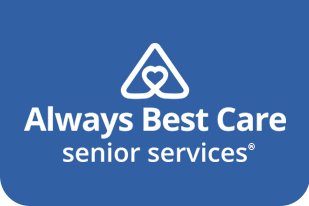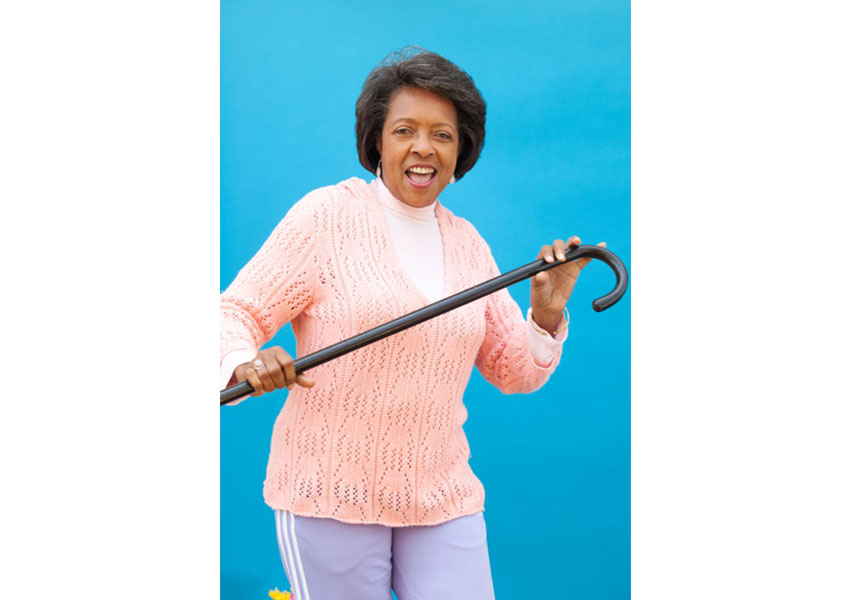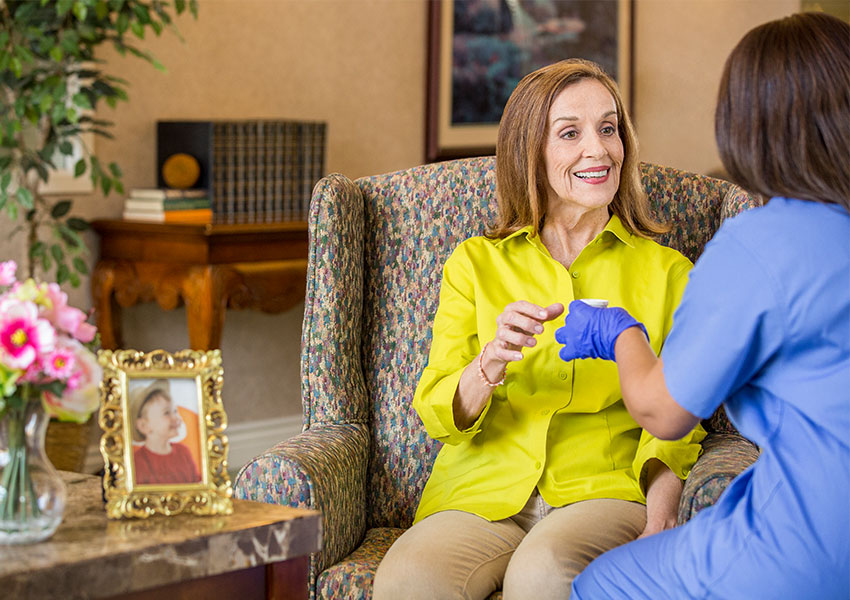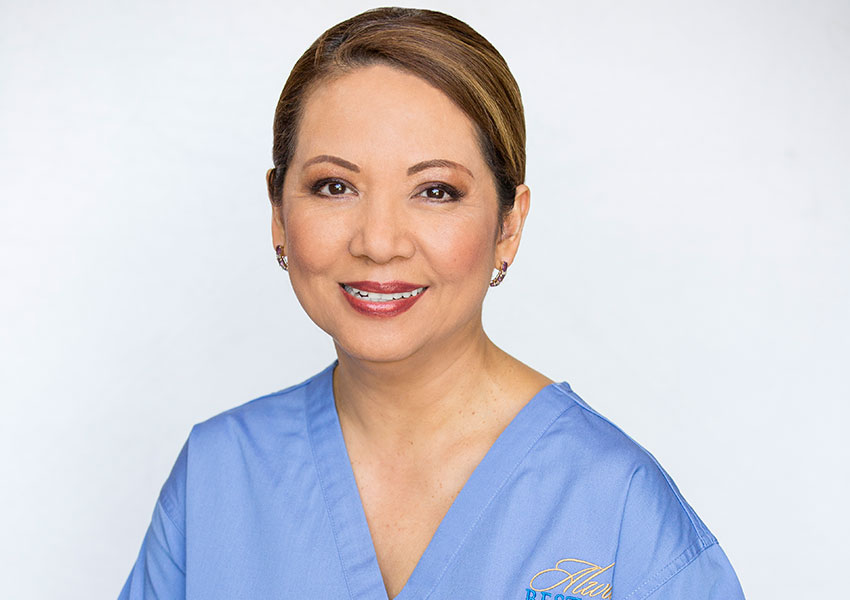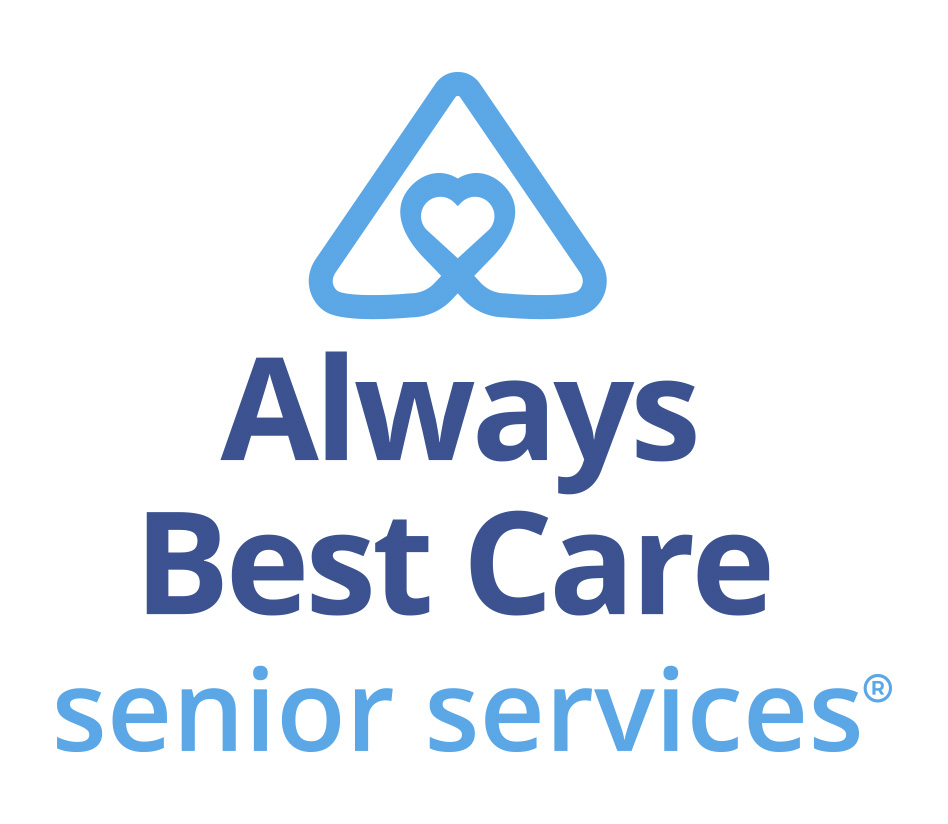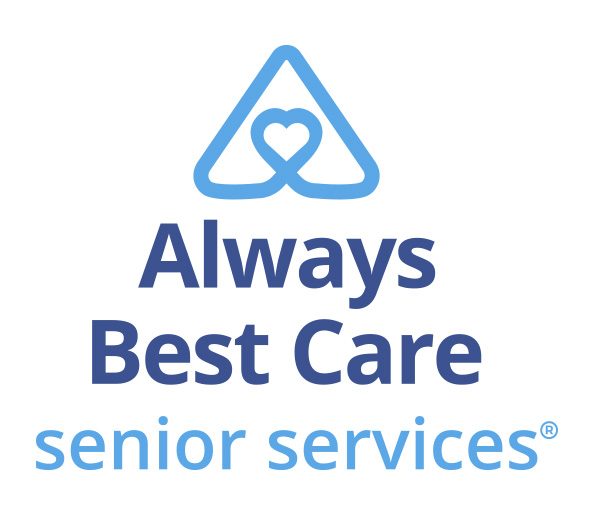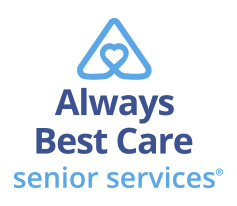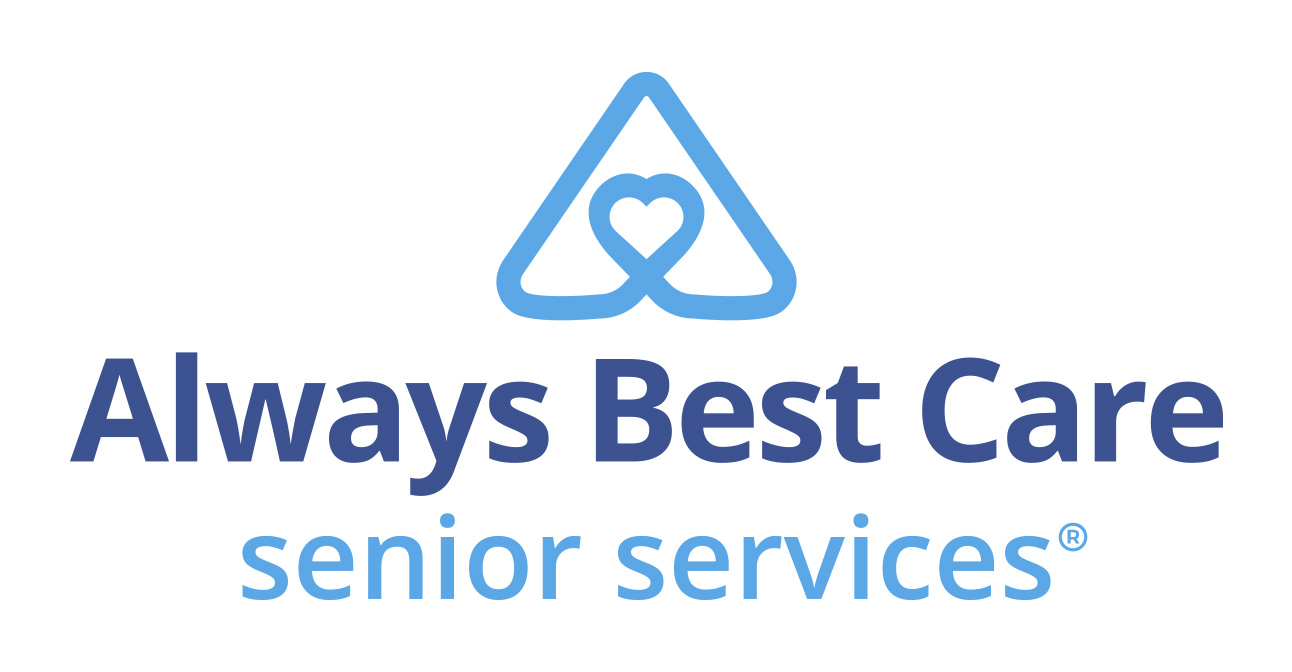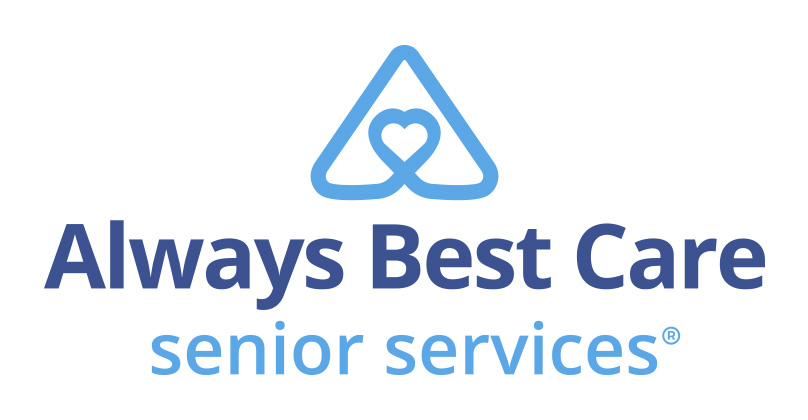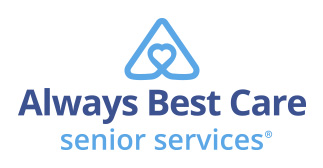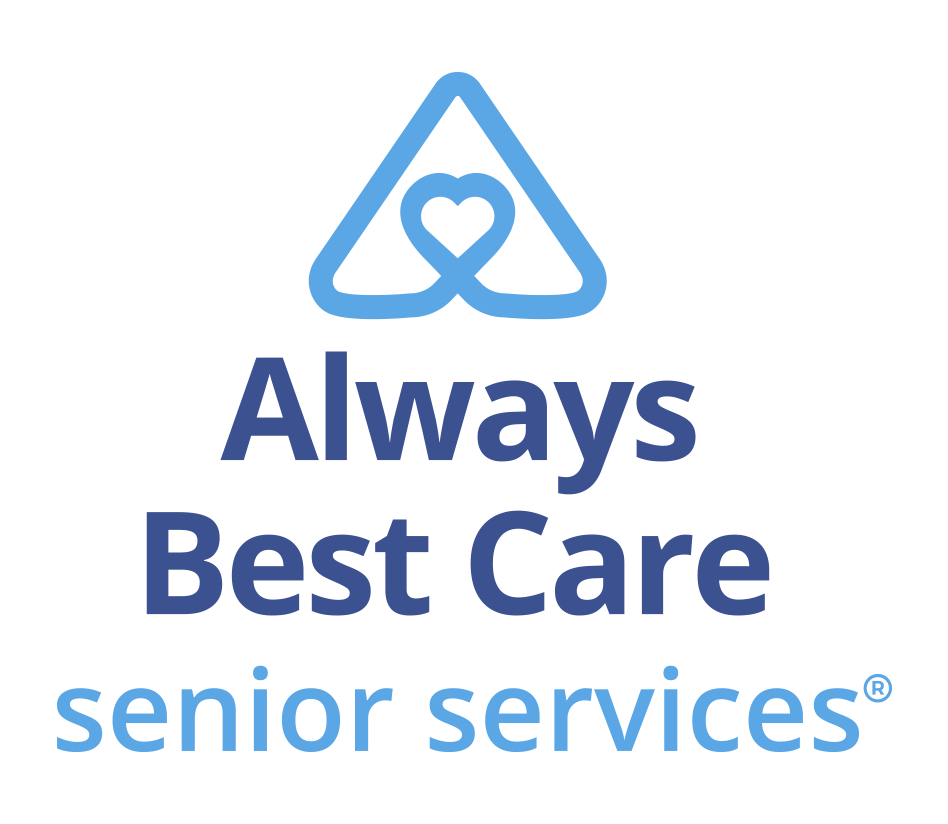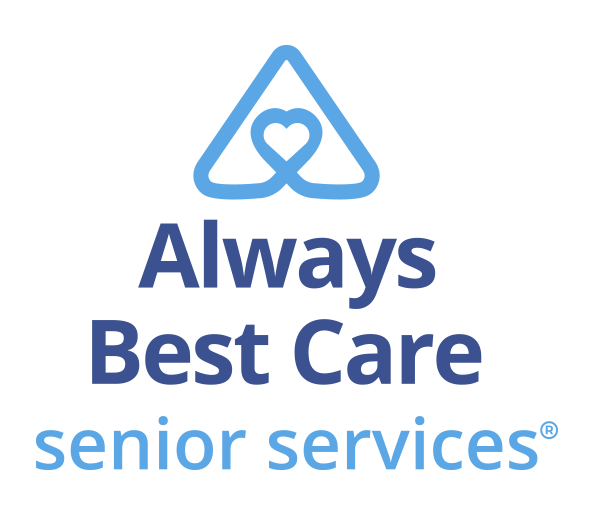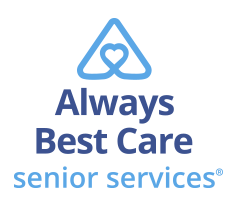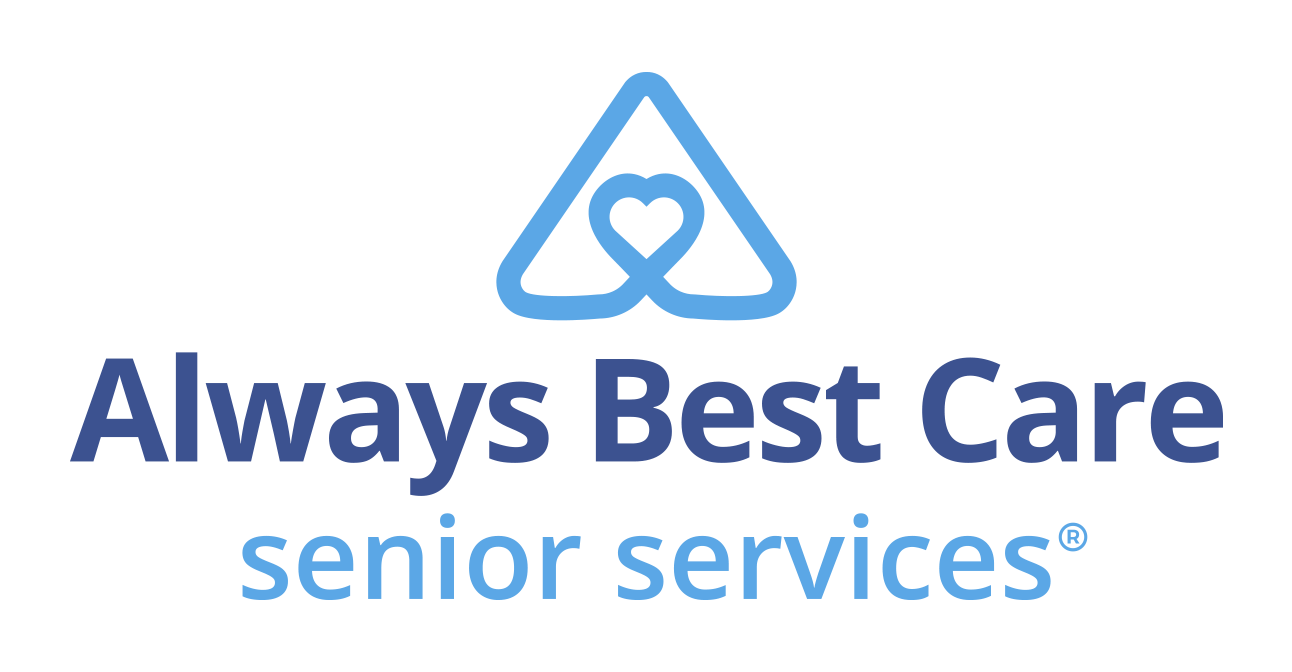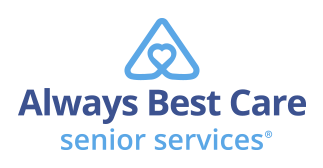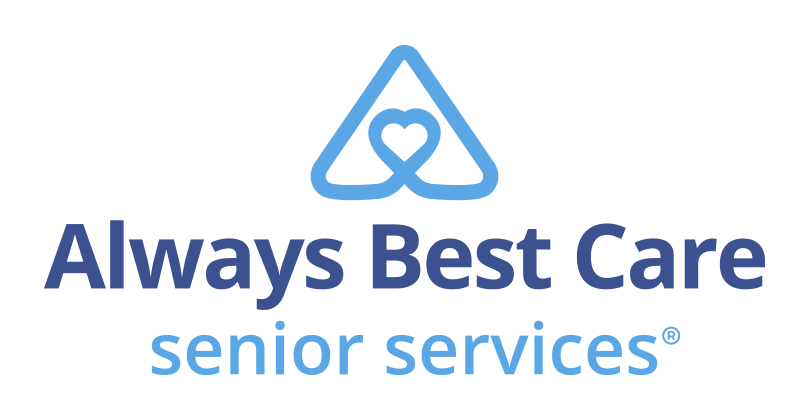As we get older, our consumption of medications—both over the counter (OTC) and prescribed—increases. At the same time, the cost for many prescription drugs has been on the rise. For some seniors, it becomes a choice between paying for food or their medications.
Since October 2007 the cost of brand-name medicines has soared, with prices doubling for dozens of established drugs that target everything from multiple sclerosis to cancer, according to an analysis conducted for Bloomberg (Bloomberg Business Week). While the consumer price index rose just 12 percent during the period, one diabetes drug quadrupled in price, and another rose 160 percent.
Signs that an Online Pharmacy Is ‘Rogue’
Legitscript identifies a “rogue” company as one that “blatantly violates or is not in compliance with laws or regulatory standards. This includes ‘offshore’ online pharmacies that insist they don’t have to follow any safety standards whatsoever.” If you’re looking on your own, watch for these signs (from “Classifications of Internet Pharmacies.”
- “No prescription required.” By law, Prescription drugs require a prescription. If you see these words, that’s a warning sign.
- “Online consultation” or “online questionnaire.” An online questionnaire can be helpful if the pharmacy requires it in addition to a prescription written by a physician who has examined you at least once in person. However, websites that employ doctors to write prescriptions based only on an online form, without a physical examination, do not meet LegitScript standards.
- The website isn’t transparent. Can you find the contact information for the dispensing pharmacy? If not, we urge caution
- Location. The pharmacy claims to be located in Canada or elsewhere outside of the United States and offers to ship prescription drugs into the United States. Or, the pharmacy claims to be located in the United States and ships drugs into Japan. In these cases, the transaction is typically unregulated for safety and product authenticity
Economists partly blame recent drug company acquisitions, because concentration in one industry often leads to higher prices. Also, when drug companies lose their patents, which protect against competition by copycat drugs for years, they must compete with cheaper generic drugs and so are forced to raise prices on drugs that are still patented to compensate for the losses from generic drugs.
Disparity in Drug Prices
One of the best ways to save money is to shop around, because drug prices vary widely among stores. Consumer Reports surveyed 200 pharmacies around the country, including drugstores, supermarkets and big-box stores, for the prices of five prescriptions used to treat common health issues, such as diabetes and high cholesterol, and that are now available in generic form (Time magazine ). The survey found that some of the nation’s best-known drugstores sometimes charge 10 times the prices available through other stores. For example, a generic version of Lipitor cost $17 at Costco, while CVS offered the same product in the same quantity for $150. Even different Walmart pharmacies have different prices.
One of the easiest ways to shop around is through the website GoodRx.com, which offers comparison shopping plus coupons. You type in the name of your prescription drug and zip code, and the site displays the prices of nearby stores/pharmacies.
In your quest to find the cheapest drugs, however, you need to be cautious. Your regular pharmacy keeps a list of your medications and can alert you for potentially dangerous drug interactions. But if you are bouncing from one pharmacy to another, you’re leaving yourself more vulnerable. If you decide it’s worth the cost savings to use multiple pharmacies, carry a list of every medicine you take and share that list with all the pharmacies you utilize, so they can best review any new medication and any potential problems.
Other Cost-Saving Tactics
- Switch to generic drugs. Generics are the bio-equivalent of brand-name drugs, but cost 80 to 85 percent less. Ask your doctor or pharmacist about generic alternatives and also about nongeneric drugs that might cost less. For certain common conditions, such as heartburn, insomnia or seasonal allergies, many OTC drugs might work just as well—and be less expensive. However, check with your doctor first.
- Use coupons. Major discount stores and pharmacies (as well as websites such as GoodRx) offer coupons for prescription medications, either through mail flyers or on their websites.
- Join a club. Hundreds of commonly used generic medications can be purchased for as little as $10 for a three-month supply at major chain drugstores, big-box stores and club stores, such as Sam’s Club or Costco. Program details vary, and some require an annual membership.
- Ask for the lowest available price. Consumer Reports called more than 200 pharmacies and found that asking for the “cheapest price possible” produced a better deal than just asking for the price. Locally, your hometown pharmacist might be willing to reduce your costs in exchange for your loyal business.
- Order by mail. Purchasing longer-term supplies by mail can lower your costs. Some commercial and Medicare Part D plans have negotiated deep discounts with mail-order and retail pharmacies. Check to see whether your plan has a preferred pharmacy or allows you to order by mail.
- Review Medicare Part D: Every year, during open enrollment, those on Medicare Part D should log into the Medicare.gov website, retrieve their password-protected prescription drug list, update it to make sure it is current, and then see if there is a less expensive Part D-plan available to them. Each year the insurance companies change their formulary that impacts the cost of prescriptions to participants.
Buying Drugs Online
Many online sources offer the cheapest prescription drugs, but consumers need to be cautious. In nearly all cases, imports of prescription drugs from pharmacies located outside of the United States violate federal law, according to the Food and Drug Administration. Additionally, pharmacies located in other countries are subject to different safety and legal requirements than those in the United States.
For those who want to buy online drugs but are worried about illegitimate dealers, two web sites,LegitScript and PharmacyChecker.com, can verify the legality of online pharmacies. The service is free for consumers.
LegitScript reports that in most cases that it has investigated, drugs shipped from so-called “Canadian” online pharmacies never go through Canada at all. “Instead, the business isn’t necessarily a pharmacy at all, and sources drugs from places like India, China, Turkey, etc., and repackages them to appear as though they came from someplace like Canada or the UK.” (See sidebar, “Signs that an Online Pharmacy Is ‘Rogue.’ “)
About 10 percent of pharmaceuticals are counterfeit, says Mark Turnage, CEO of Denver-based OpSec, and that number rises when they’re sold online. OpSec sells anti-counterfeiting services to more than 300 brands and 50 governments (“Buying Prescription Drugs Online Without Getting Burned,” Aug. 2, 2013, Business Week).
“However, online pharmacies, if they are safe and legitimate, can offer an added convenience, especially if you are just seeking to refill an existing prescription online,” states LegitScript.
Assistance Programs
National and community-based programs, such as the National Patient Advocate Foundation or the National Organization for Rare Disorders, can help pay your drug costs if you can’t afford them. You can find information on federal, state and private assistance programs in your area on Benefits Check Up website.
State Pharmaceutical Assistance Programs, available in 21 states and one territory, offer some type of coverage to help people on Medicare with paying drug-plan premiums and/or cost sharing. You can see if your state participates by going to the Medicare website or calling 1-800-MEDICARE. Many of the major drug manufacturers offer assistance programs for people enrolled in a Medicare drug plan. Find out whether the manufacturers of the drugs you take offer a Pharmaceutical Assistance Program by visiting the Medicare website or calling 1-800-MEDICARE.
Each year the biggest pharmaceutical companies each give away more than $200 million worth of medicine. PhRMA, or Pharmaceutical Research and Manufacturers of America, the trade organization for the pharmaceutical industry, has a clearinghouse service called the Partnership for Prescription Assistance, which will link you with the maker of your drug and provide access to more than 475 different assistance programs.
Sources
“4 Ways to Help Lower Your Medicare Prescription Drug Costs,” revised March 2014, Medicare.gov
“7 Dangerous Drug Mistakes,”WebMD
“10 Ways to Find Cheaper Prescriptions,” Dec. 30, 2013,U.S. News & World Report
“Big Pharma’s Favorite Prescription: Higher Prices,” May 8, 2014,Business Week
“Pay Less for Your Prescription Drugs,” Aug. 29, 2014,AARP blog
“The Possible Dangers of Buying Medicines over the Internet,”Food and Drug Administration
“Prescription Drugs Online without Getting Burned,” Aug. 2, 2013,Business Week
“Surprising ways to cut your drug costs,” August 2013,Consumer Reports
“Why the Drugstore May Be the Last Place You Should Buy Prescription Drugs,” April 5, 2013,Time magazine
Reprinted by Always Best Care Senior Services with permission from Senior Spirit, the newsletter of the Society of Certified Senior Advisors The Certified Senior Advisor (CSA) program provides the advanced knowledge and practical tools to serve seniors at the highest level possible while providing recipients a powerful credential that increases their competitive advantage over other professionals. The CSA works closely with Always Best Care Senior Services to help ABC business owners understand how to build effective relationships with seniors based on a broad-based knowledge of the health, social and financial issues that are important to seniors, and the dynamics of how these factors work together in seniors’ lives. To be a Certified Senior Advisor (CSA) means one willingly accepts and vigilantly upholds the standards in the CSA Code of Professional Responsibility. These standards define the behavior that we owe to seniors, to ourselves, and to our fellow CSAs. The reputation built over the years by the hard work and high standards of CSAs flows to everyone who adds the designation to their name. For more information, visit www.society-csa.com
To print this article CLICK HERE
